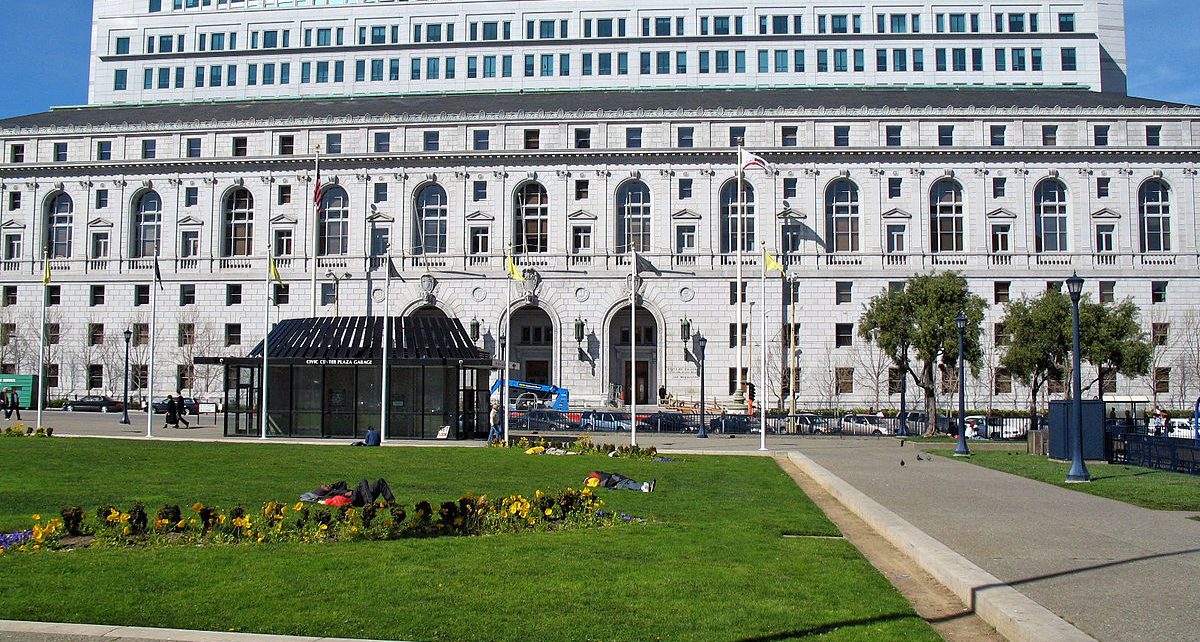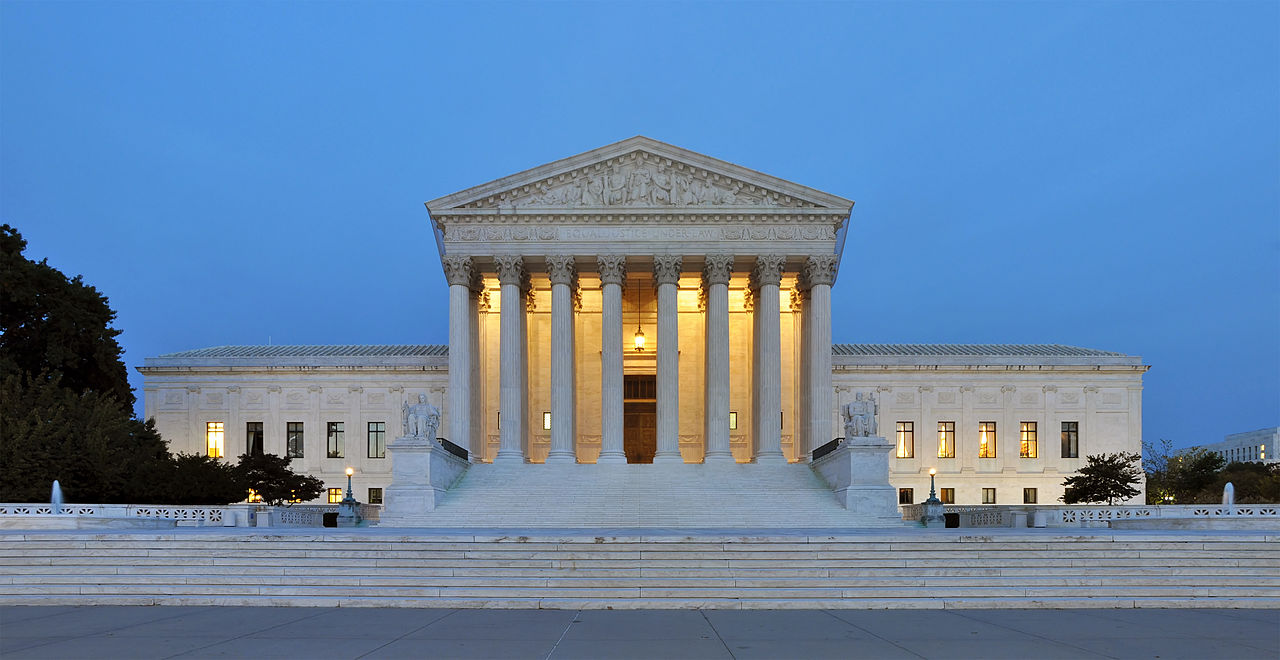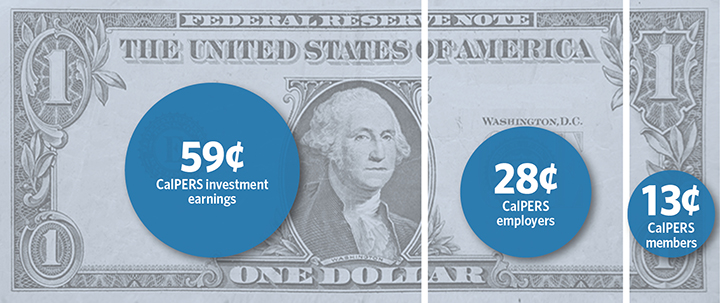
California Supreme Court (Photo: Wikipedia)
State Supreme Court to Begin Hearings on Public Worker Pension Reductions Next Week
Court case specifically targets pensions that had been boosted to receive more money
By Evan Symon, May 2, 2020 2:11 am
The State Supreme Court will begin oral arguments early next week on a case that may drastically reduce public worker pensions that had been boosted to receive higher totals.
State and county pensions face reductions
Alameda County Deputy Sheriff’s Association v. Alameda County Employees’ Retirement Association specifically targets the pay public workers receive in their last few years of service. As public workers receive larger pensions equivalent to how much they made in their last one to three years on the job, many would “spike” their last few years of pay with extra income. In some cases it was as blatant as giving and receiving out of nowhere bonuses.
Former Governor Jerry Brown had targeted this public pension practice in 2012 by signing the Public Employee’s Pension Reform Act into law. Under the law, any payments “paid to enhance a member’s retirement benefit” during the last few years of employment would not be figured into the pension amount.
However this was challenged by the Alameda County Deputy Sheriff’s Association just before taking effect in 2013 with the Association arguing that those workers before 2103 should keep the higher pensions.
Governor Brown later predicted 5 years later, amid more unions and groups joining the growing court case, that public pensions would be in serious danger during the next economic downturn.
Legalities over protected pensions
“What they did looks illegal,” said former attorney Milo Crawford, who had specialized in pensions and benefits. “It looks like they had given themselves extra money to have a bigger end of the year total which would then qualify them for a higher pension. Besides being inherently wrong and taking money away from taxpayers, it can be argued that this is illegal.”
“Pensions are very protected in California. In the Allen v. Board of Administration in the early 1980’s, a new precedent was created that stopped pension reductions without new benefits. Rulings like this is part of the reason why most employers don’t give pensions anymore.”
“And this case showed another reason: they can be manipulated to give others more money in retirement despite the person getting it having done nothing to deserve that extra money.”
“Either way this case goes it is going to change a lot for pensions.”
California state attorneys have largely agreed that, under the current ruling, lawmakers cannot make any needed changes on the state and county level to protect the pension systems. Many counties have been struggling to pay many public pensions due to the rising costs, and with the economic effects of coronavirus continuing, many counties have asked for pension protections. Unchecked pensions hurt many county budgets during the Great Recession and many states, including California, are now facing huge amounts of pension debt. California, in total, currently has over $1 billion in pension debt. At the same time, retired teachers alone receive $5.7 billion a year under the California State Teachers’ Retirement System (CalSTRS).
Arguments for keeping the pension systems as-is
On the opposing side, the Alameda County Deputy Sheriff’s Association has argued that, under the 1983 Allen v. Board of Administration ruling, any pension reduction would need to have other equally-valued benefits given in return.
“We have held that any modification of vested pension rights must be reasonable, must bear a material relation to the theory and successful operation of a pension system, and, when resulting in disadvantage to employees, must be accompanied by comparable new advantages,” ruled the California Supreme Court in 1983 in Allen v. Board of Administration.
The Association will be using this sentence specifically to argue that pensions should not be reduced, pointing out that “must” is definite and cannot be ruled around as it would endanger public pension benefits to other budget needs. If pensions are reduced, then other benefits would be given.
“The court must look at whether the change results in a detriment to employees and, if it does, must then determine whether the change is reasonable and necessary for an important public purpose,” noted an Association legal brief. “Saving money is not an important public purpose.”
Hearings are expected to begin this coming Tuesday in Sacramento.
- San Diego Country Supervisor Jim Desmond Calls San Diego New Epicenter Of Illegal Crossings By Migrants - April 27, 2024
- Oracle Moving Headquarters Out Of Austin Only 4 Years After Moving Out Of California - April 26, 2024
- Congressman Adam Schiff Robbed of his Luggage in San Francisco Car Break In - April 26, 2024





“If pensions are reduced, then other benefits would be given.”
So give them a $50 Amazon gift certificate instead…
The fact that many of these people make the same or MORE in retirement than they did when working is morally indefensible and fundamentally flawed, and the primary reason why CA is doomed to fail in the long run…